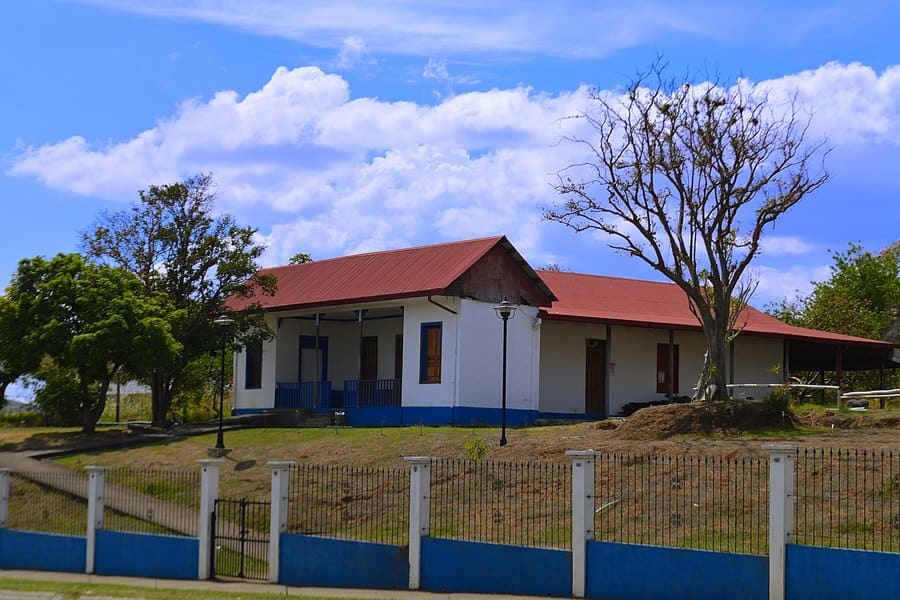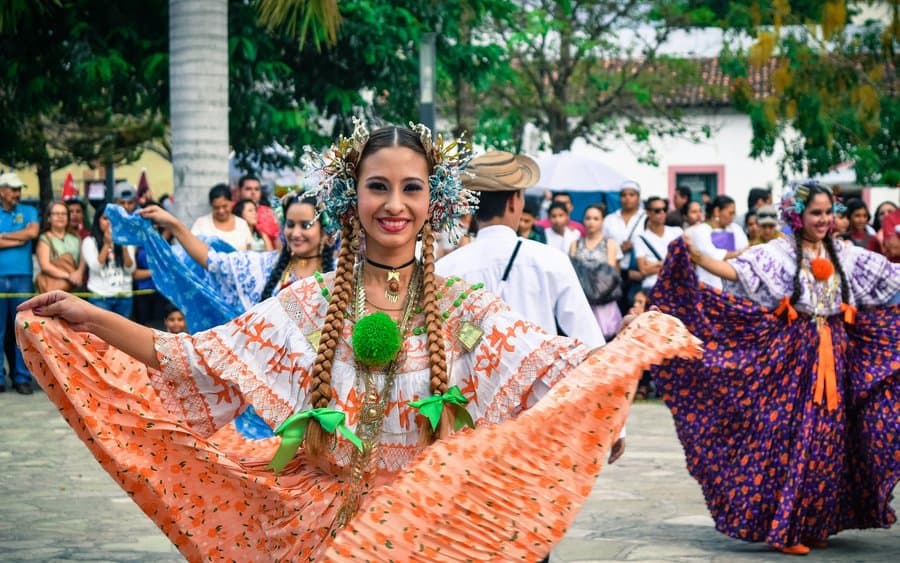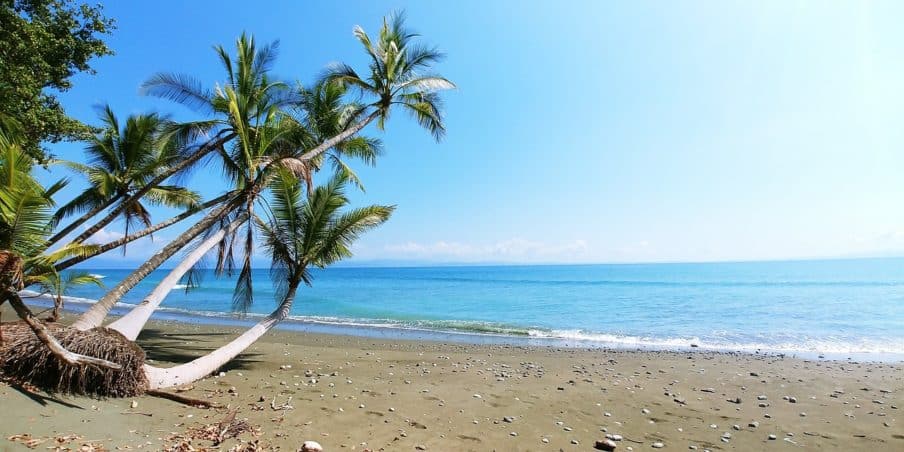
Yes, you can just move to Costa Rica. However, its important to consider the daily and monthly costs of living and the cultural differences that you will encounter when moving there on a permanent basis.
Moving to Costa Rica can be a difficult decision to make, even if you have done all your research and traveled to Costa Rica many times. So I looked into who could be the ultimate resource to help answer specific questions about moving to Costa Rica.
Lets take a more in depth look at moving to Costa Rica and what will make it a lot easier to do so when you finally decided to make that decision.
What Are The Challenges of Moving to Costa Rica?
This advice is from, Chris Howard, a long time resident of Costa Rica. Chris has lived, worked and played in one of the most magical places on earth for more than 35 years. His love for Costa Rica is so great that he became a citizen.
During this time, he has had the opportunity to gather a plethora of information about living, investing and retiring in Costa Rica.
It is not surprising that he has first-hand knowledge and insight into all aspects of Costa Rica’s culture and its people. Because of his expertise, he is a frequent lecturer at numerous investment seminars.
Before moving to Costa Rica, I highly recommend spending time here on a trial basis to see if it is the place for you.
I am talking about a couple of months or longer, so you can experience Costa Rica life as it is. Remember visiting Costa Rica as a tourist is quite another thing from living here on a permanent basis.
It is also good to visit for extended periods during both the wet and dry seasons, so you have an idea of what the country is like at all times of the year.
During your visits, talk to many expats and gather as much information as possible before making your final decision.
Get involved in as many activities as you can during your time in the country. This will help give you an idea of what the country is really like.
Test Out Living in Costa Rica

Some try seasonal living for a few months a year. They spend the summer in the United States or Canada and the winter in Costa Rica (which is its summer), so they can enjoy the best of both worlds and have an endless summer.
This is easy to do, since you can legally stay in the country up to three months as a tourist without having to get any type of permanent residency.
Others who want to make Costa Rica their full-time home should try living here for at least a year.
That’s sufficient time to get an idea of what living in Costa Rica is really like and what problems may confront you while trying to adapt to living in a new culture.
It may also allow you to adjust to the climate and new foods. You can learn all the dos and don’ts, ins and outs and places to go or places to avoid before making your final decision.
Whether you choose to reside in Costa Rica on a full or part time basis, keep in mind the cultural differences and new customs. First, life in Costa Rica is very different.
If you expect all things to be exactly as they are in the United States, you will be deceiving yourself.
The concept of time and punctuality are not important in Latin America. It is not unusual and not considered in bad taste for a person to arrive late for a business appointment or a dinner engagement.
This custom can be incomprehensible and infuriating to North Americans but will not change since it is a deeply rooted tradition.
Costa Rica Cultural

In many most cases bureaucracy moves at a snail’s pace in Costa Rica that can be maddening to a foreigner. In addition, the Latin mentality, machismo, seemingly illogical reasoning, traditions, different laws and ways of doing business may seem incomprehensible to a newcomer.
You will notice countless other different customs and cultural idiosyncrasies after living in Costa Rica for a while. No matter how psychologically secure you are, some culture shock in the new living situation will confront you.
The best thing to do is respect the different cultural values, be understanding and patient, and go with the flow. Learning Spanish will ease your way.
The fastest way to fit in with the locals is to speak the native language. You do not have to be fluent in Spanish. The locals will recognize your interest; doors will open and friendships will blossom.
Whatever you do, try to avoid being the Ugly American. I know of cases where Americans have caused themselves a lot of problems by their obnoxious behavior and by trying to impose their American ways on the locals.
Another thing: if your purpose in coming to Costa Rica is to recreate your life in the US, it is better to stay in the States. You will find it perhaps more expensive, and not like the US.
Though it might seem strange to have to say it, this is not the US but a third world nation in many ways.
If it bothers you the idea of living in a third world nation bothers you, you might want to think twice about doing so.
There are a lot of people who move here with the intention of recreating their life up north, but in a warmer, more beautiful place. Often they get very disgusted because the Tico’s don’t seem to be on board with their desires.
Do your Homework on Costa Rica
You might want to read The Ticos: Culture and Social Change in Costa Rica by Mavis, Richard and Karen Zubris Biesanz and Survival Kit for Overseas Living, by L. Robert Kohls, These guides are filled with useful information about adjusting to life abroad and understanding the local culture. You can get a copy of his book on Amazon
It is also a good idea to attend one of the monthly newcomer’s seminars offered by the Association of Residents of Costa Rica (ARCR).
Besides gathering information, you will learn from other residents and make some good contacts. Costa Rica is an exciting place to live but poses many obstacles for the newcomer.
Don’t expect everything to go smoothly or be perfect at first. By taking the advice I offer in my columns, blogs, books and adjusting to the many challenges, you should be able to enjoy all of Costa Rica’s wonders.
About the Author Chris Howard
Chris Howard has an extensive foreign language background, having earned a Bachelor of Arts in Latin American studies and a Master’s degree in Spanish from the University of California and may soon be a candidate for a P.H.D. at Harvard. He also has credentials to teach Spanish at all levels from California State University, San Francisco.
Mr. Howard was the recipient of scholarships for graduate study at the University of the Americas in Puebla, Mexico and the Jesuit University of Guadalajara, Mexico in conjunction with the University of San Diego, California.
In 1985, he founded a successful language institute in San José, Costa Rica. Mr. Howard has written three foreign language books including the one-of-a-kind “Christopher Howard’s Guide to Costa Rican Spanish”. It is the only Spanish book that teaches Costa Rican-style Spanish.
Recently, Chris Howard has been busy working as a paid consultant for National Geographic Magazine, published articles and columns in Tico Times, Escape Artist.com, Costa Rica Outdoors, Inside Costa Rica, AM Costa Rica, the real estate publication Casa Galeria, for various newsletter about living abroad and working on a feature action movie script to be filmed in Central America.
Mr. Howard also serves as an officer on the Board of Directors of the Association of Residents of Costa Rica.
For more information about Christopher Howard’s award-winning relocation/retirement tours see : www.liveincostarica.com
To get Christopher’s books about Costa Rica you can find them on Amazon

